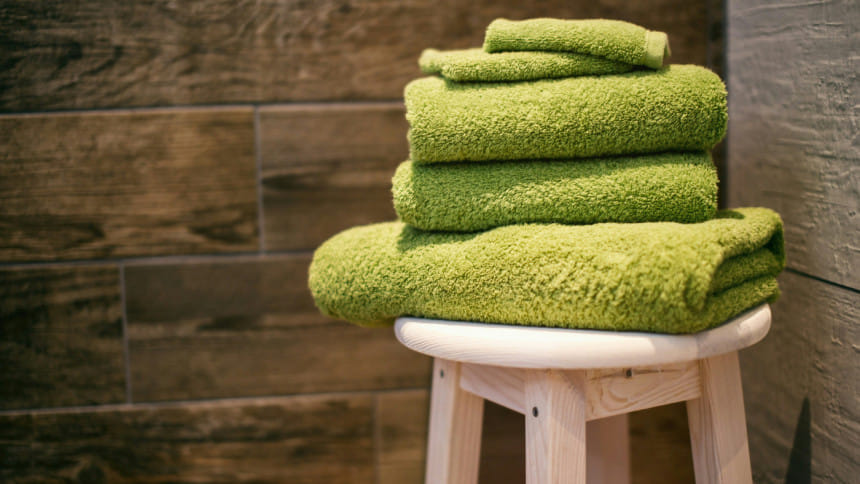Stop ignoring your laundry! How often sheets and towels need a wash

Washing towels and sheets is perhaps one of those mundane chores we may not think about much. From dirt, dead skin cells, and sweat to bodily fluids, bedsheets and towels accumulate a plethora of germs and bacteria over time. This accumulation not only makes them feel less comfortable but can also lead to skin irritations, acne, and even health risks if pathogens are present. Therefore, regularly washing towels and bedsheets is vital in maintaining health and hygiene.
So, how often should we clean them? It would be safe to assume that leaving them uncleaned for two months is too long! But what should be the ideal frequency? Generally, you should clean your towel based on the number of its uses, not the number of days it has been used.
A study by the University of Arizona found that towels are the most contaminated items in the average home. Therefore, regular washing helps mitigate the risk of transferring bacteria and viruses, including E coli and influenza, which towels can harbour.
It is recommended that bath towels be washed after three uses to prevent bacterial growth and odour. Kitchen towels, on the other hand, should be washed more frequently, ideally daily, as they are often used for multiple purposes, including drying hands, utensils, and surfaces, and can easily cross-contaminate.

When it comes to washing the sheet, a good rule of thumb would be to wash it once a week. The consensus among experts, including those from the American Academy of Dermatology, is that sheets should be washed at least once a week. The reason is simple: we spend about one-third of our day in bed, shedding skin cells and sweating, which can create a thriving environment for dust mites and bacteria.
For those with sensitive skin or allergies, washing sheets even more frequently may be beneficial. Similarly, if you're sick, washing your sheets as soon as you feel better is essential to remove any lingering germs.
Nevertheless, several factors can influence how often you should wash your sheets and towels, including personal hygiene, climate and season and health conditions. In warmer climates or during hot seasons, sweating increases, necessitating more frequent washing. Similarly, people affected with certain health conditions, such as eczema or respiratory issues, might benefit from washing sheets and towels more often to remove irritants.
So, after reading the article, you might wonder why laundry is such a riot! Washing your sheets weekly and towels every three uses isn't just about being a clean freak. It is about creating a backstage environment for health and happiness.
Next time you're loading your washing machine, remember — you're not just doing a chore, you are being a domestic superhero, battling the unseen foes for the well-being of your home's true stars — you and your family!

 For all latest news, follow The Daily Star's Google News channel.
For all latest news, follow The Daily Star's Google News channel. 







Comments